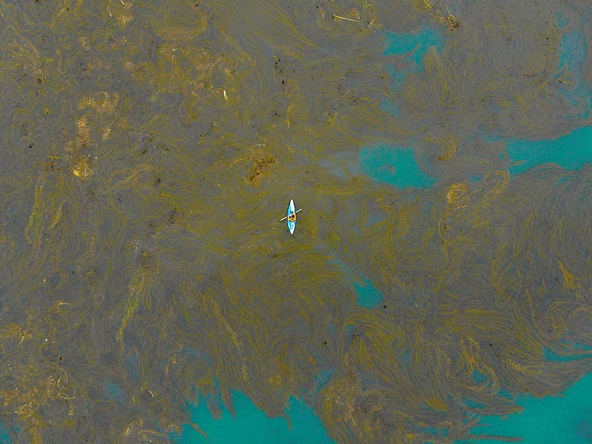How Oil Spills in the Ocean Affect Birds on Land
We often see news and social media coverage about oil spills in the oceans. Most of us think it’s bad and move on, but few realize the full dangers to the environment, land, and the little creatures called birds, which play a vital role in our ecosystem.
Effects of Oil Spills on Birds
- Loss of Waterproofing: Birds’ feathers make them waterproof. Oil breaks this system, exposing them to freezing temperatures and causing hypothermia.
- Respiratory Problems: Ingesting oil can cause breathing issues and affect their ability to fly.
- Loss of Buoyancy: Oil disrupts their natural lightness, and birds may drown if they lose buoyancy.
- Habitat Loss: Oil-contaminated areas become uninhabitable for birds, filled with toxins and poisons.
- Food Contamination: Toxic environments make food poisonous, leading to malnutrition and death.
Research Evidence
Even limited exposure to oil significantly affects birds. Biologists in the U.S. experimented on home pigeons to study the impact of oil on flight. “Lightly oiled” pigeons took longer to return home than pigeons with clean feathers. The results were published in the journal Environmental Pollution.
Why It Matters
Healthy oceans are crucial for a healthy planet. Birds contribute to ecosystems in numerous ways, and oil spills threaten their survival. Our oceans cover 70% of the world’s surface, and protecting them ensures a future for all species.
Solutions
The World Economic Forum collaborates with the World Resources Institute to develop solutions for ocean protection. Prevention is key, as restoration is costly and time-consuming. By safeguarding oceans, we protect birds and preserve ecological balance.

